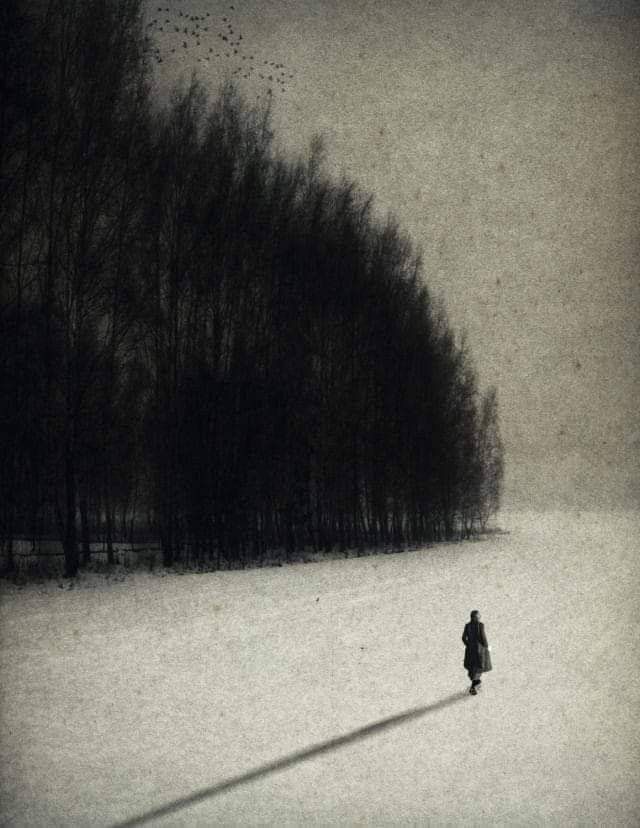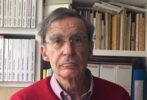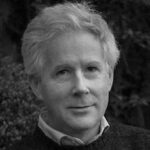TRANSLATED FROM FRENCH BY PATRICK WILLIAMSON
The waste land
I
You will have advanced thus, among the trees and
fire, you who, watching over this earth,
had already walked along the edges of borders,
and saw youth riddled by sun, and let into the
secret too early, fade into the storm.
This earth, its fires, its incessant jolts, you name
only by frightening yourself with its
voids. Death, hunger, wars, so many chapters of a book
of inexhaustible content.
The kings have not disappeared, nor have the
empires. The poets stand back, those who
witness with words, gagged by so much hot air.
Is it not another landscape now, an absent image
that looms out of the night, a divided-up
worn-out landscape, just as passers-by are whose
memory is sieve-like, no dreams left, at
the end of the road.
II
You walk forward, back turned, weighing up the
pain of an earth and its peoples, names
virtually obliterated. You who falter as you walk,
you know that a hectare of earth preserved
by dint of illusion will become your final refuge,
among so many hopes that rapidly went up in smoke.
Threadbare words will take note of these times.
You are an insomniac bystander, you will
watch the desert, waiting for new nomads to give
you a rallying cry. Perhaps you will arrive
way too late for the call, because you never knew
how to find the safest paths.
Dream reality
l)
You’re moving along on shifting ground; night-time yet day blinding you with its perfect light. You are immobile, a hunter of dreams and memory, lying in wait for a landscape.
You see, or conjure up, a forest of spruce trees bending over the river. You stand stock-still, and wait, alert in a deep sleep leading you into the unknown.
Further off – but does this really matter! – a group of summits appear to pierce the sky: places that are familiar, for you have wandered thereabout, restored to you and you guess – or are unaware – that they will vanish, wiped out this time by dawn sweeping away night.
You follow dimly-lit paths to emerge onto level ground where the world is translucid. You face a slope covered with traces of snow, or, no transition here, as time is freed from its frame, you cross the border. Another country looms: lake, ultra-blue sky, a sudden vista of the valley.
You would like to cling to these images that have become ethereal, been drowned yet, for all their uncertainty, persist in a reality the dream never ceased to affirm. You won’t be able to.
When the day breaks, you will remember.
II)
You don’t look at anything but see, or sense, a Mediterranean city you’ve never been to, a working-class district, silhouettes, one in particular, that of a young man, then of a woman, who is young too, an ordinary placid life, as fashioned by the world.
Time moves on, then suddenly nothing is the same: a tragic event on a beach, the sun beating down, a man collapses, riddled with bullets.
The rest pretty much escapes you, you couldn’t fathom it any longer.
These images, colours, shadows. It wasn’t a dream, more a rush of memories interwoven in the reality of a story you once read, then reread, enthralled, and never lost track of.
Dream, fiction, a mirror in which both are reflected. Each one has this light where life-and-death decisions are made in a reality that words have managed to keep present, despite time.
Also, read A Book Review of The Wild Weed by Oudarjya Pramanik, published in The Antonym.
Follow The Antonym’s Facebook page and Instagram account for more content and interesting updates.




























0 Comments